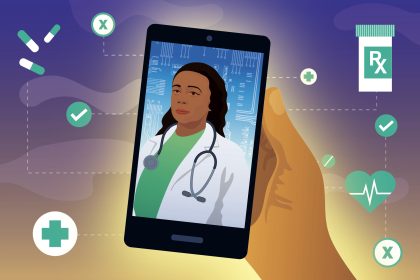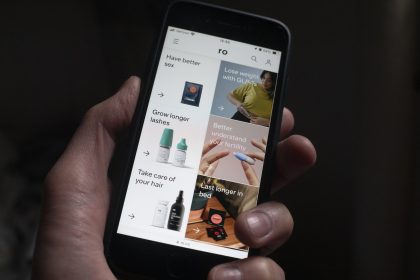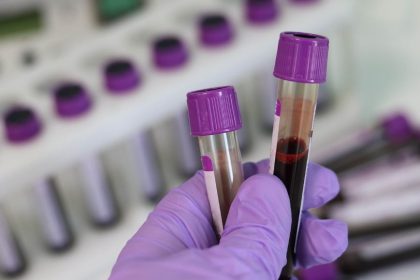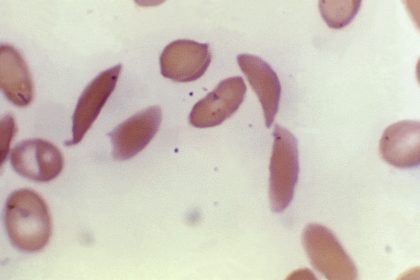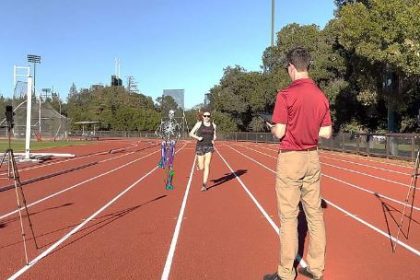New Smartphone App Quickly Analyzes Motion to Aid Physical Rehabilitation
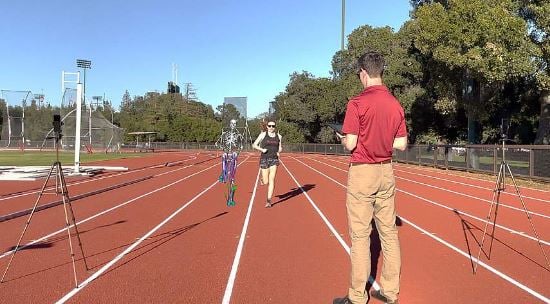
WASHINGTON — A new smartphone app that can track and analyze a person’s ability to move could help clinicians better plan patient surgeries and assess the results of treatment procedures.
According to the research team that developed the app with funding provided by the National Institutes of Health, the technology costs about 1% of conventional motion analysis techniques and works 25 times faster.
Their study appears in PLOS Computational Biology.
The researchers, led by Scott L. Delp, Ph.D., of Stanford University, tested their app, called OpenCap, with 100 participants. Using two or more smartphones, the app recorded sufficient quality videos to allow for web-based, artificial intelligence analysis of muscle activations, joint loads and joint movements.
They said the data was collected over a 10-hour period, which was followed by about 31 hours of computation.
Traditionally, locomotion analysis requires fixed lab space and more than $150,000 worth of equipment, including eight or more specialized cameras to capture three-dimensional images. The captured data also takes several days to analyze by a trained expert.
While current technology is too expensive for routine clinical use, according to the investigators, the app could potentially be used to help screen for disease risk, inform rehabilitation decisions, and track improvements in motion following treatment.
Dan can be reached at [email protected] and at https://twitter.com/DanMcCue



















